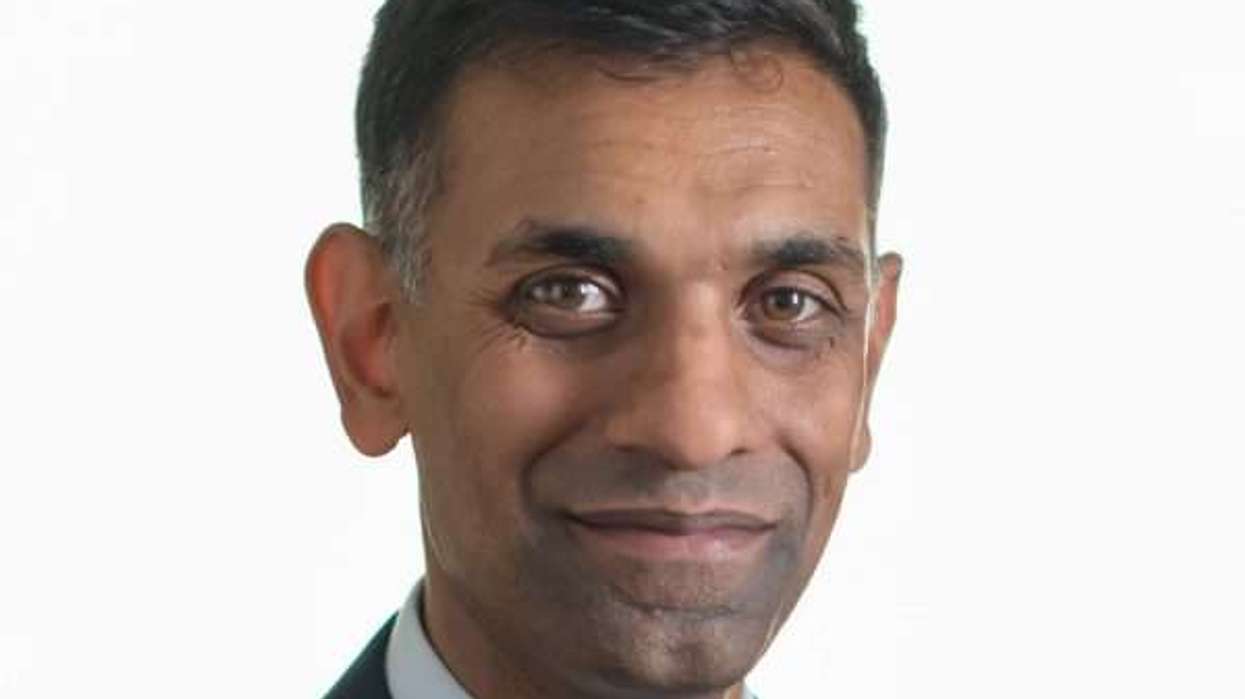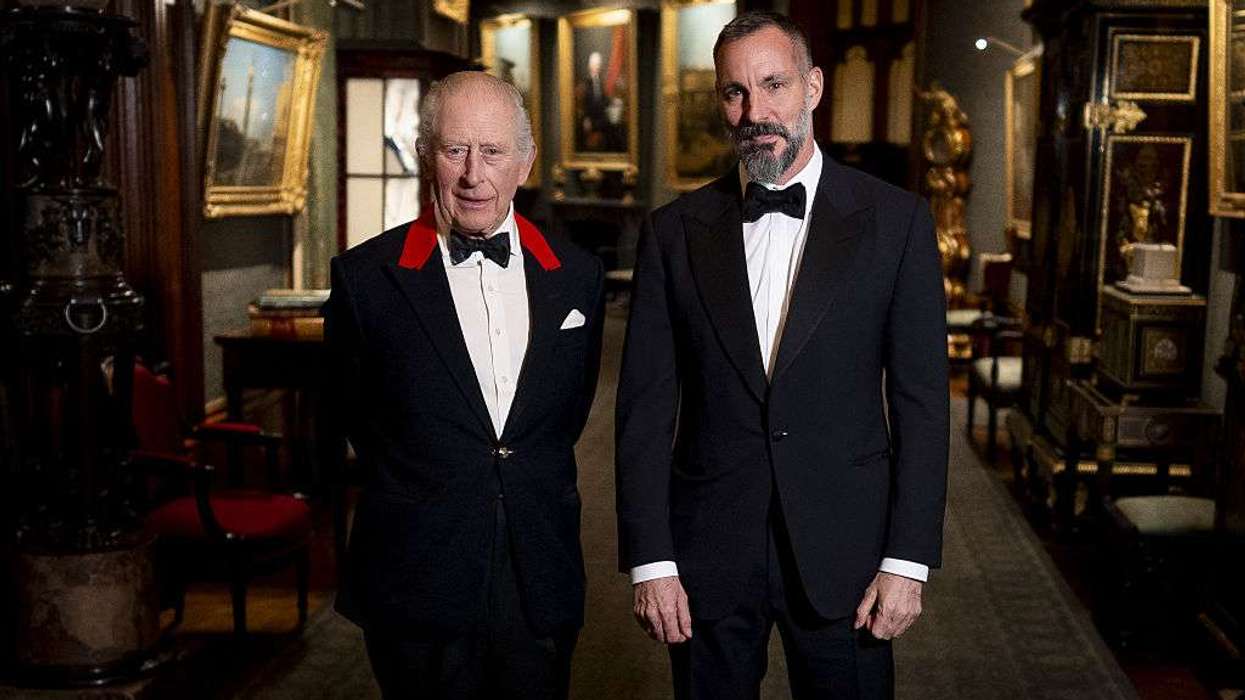The global rock music scene is mourning the loss of prominent music agent Dave Shapiro, co-founder of Sound Talent Group, after he was confirmed among those killed in a devastating small plane crash in San Diego.
The crash occurred on Thursday, 22 May, in the early hours of the morning, when a Cessna 550 aircraft came down in the Murphy Canyon neighbourhood, destroying one home, damaging at least ten others and causing several vehicles to catch fire. Federal officials believe all six people on board the plane perished. Local authorities have so far confirmed two fatalities, though the full death toll is yet to be formally released.
Shapiro, 47, was not only a well-known figure in the music industry, representing bands such as Sum 41, Story of the Year, and Pierce the Veil, but also a seasoned pilot. He was a certified flight instructor with over 15 years of experience and owned Velocity Aviation, a company specialising in private aviation services.
The plane, which departed from New Jersey on Wednesday night, made a refuelling stop in Wichita, Kansas, before continuing its journey towards San Diego. According to the National Transportation Safety Board (NTSB), the aircraft appeared to hit two power lines while approaching Montgomery Field airport, about 10km north of downtown San Diego, before crashing into the residential area at around 3:45am local time (10:45 GMT).
Also feared to be among the victims is Daniel Williams, former drummer of the Christian metal band The Devil Wears Prada. While his death has not been officially confirmed, he had posted on Instagram from inside the plane hours before the crash. One of the posts reportedly showed him in the co-pilot’s seat alongside Shapiro, as well as the flight number, which matched the one that crashed, according to the San Diego Union-Tribune.
Sound Talent Group released a statement expressing deep grief: “We are devastated by the loss of our co-founder, colleagues and friends. Our hearts go out to their families and to everyone impacted by today’s tragedy.” The company confirmed that three of its employees, including Shapiro, were aboard the flight.
Beyond the music industry, the incident has shaken the local community. Around 100 residents in the Murphy Canyon area were evacuated in the aftermath. Eight people on the ground suffered injuries, one of whom was hospitalised. Footage from the scene revealed charred vehicles, flaming debris and significant property damage. Witnesses described the crash as sudden and terrifying.
Local resident Christopher Moore recounted how he and his family were jolted awake by a thunderous explosion. “We saw smoke from the window, grabbed our two children and ran outside. A car was engulfed in flames right there on the street,” he said. Another resident, a marine stationed nearby, told Fox News he heard a strange “whistling and wheezing” sound moments before a “boom” shook his home.
The NTSB has begun a detailed investigation, with specialist Elliot Simpson leading the probe. He confirmed that fragments of the aircraft were found scattered throughout the crash site, including parts of a wing located on a nearby road. However, Simpson stated it was too early to confirm the cause of the crash, including whether the collision with power lines played a direct role.
Shapiro’s death is being felt deeply in both the aviation and music industries. As a talent agent, he was known for his hands-on approach and long-term relationships with artists. He was instrumental in the growth of several rock acts, particularly those with cult followings among younger fans.
- YouTubeYouTube/ FOX 11 Los Angeles
Tributes have poured in from across the music world. The Devil Wears Prada, the band that Williams helped found and performed with for over a decade, shared a heartfelt message on Instagram, alongside photos of the drummer on tour and in flight. “No words. We owe you everything. Love you forever,” read the caption.
Shapiro's passion for flying was well known among peers. He often combined business with aviation, frequently piloting his clients and colleagues across the country. His dual careers in music and aviation were a rare blend, and his unexpected death has left a void in both communities.
While aviation incidents involving chartered private jets remain rare, Thursday’s crash is the latest in a series of tragedies involving influential figures travelling on small aircraft. It has renewed conversations about flight safety protocols and the unique pressures of private aviation, especially among public figures and professionals who often rely on such services for convenience.
The NTSB is expected to release a preliminary report in the coming days, with a full investigation to follow. In the meantime, the families of the victims, their colleagues, and fans across the globe are left grappling with the sudden loss of individuals who made a significant impact in their fields.
As investigations continue and tributes grow, Dave Shapiro will be remembered not only as a powerful force in music management but also as a man whose personal and professional passions helped shape the careers of many artists and inspired countless fans.





